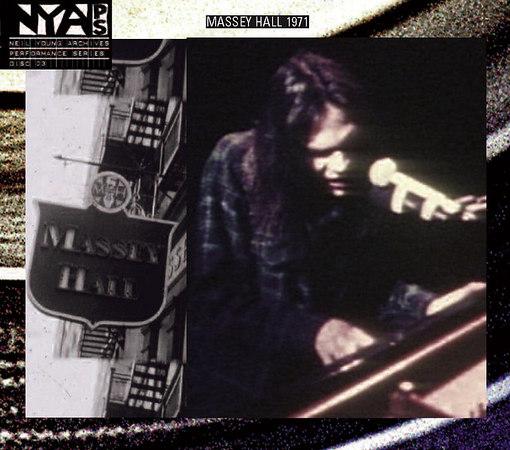
Neil Young – Live At Massey Hall
In the present age of the singer-songwriter, when only the really talented like Damien Rice ever tend to produce anything to elevate them above the endless stream of mediocrity perpetrated by the Blunts of this world, many of us long to hear truly great lyricists like Neil Young. The long-awaited release of this immortalised 1971 concert, comprising what were at the time new songs, emphasises the versatility and poignancy of this Canadian legend’s music. Young acts as proof that a beautiful voice is by no means a prerequisite of beautiful music, and most – if not all – of this seventeen-track set is still relevant today, be it musically, lyrically or politically. The one musician who even comes close to replicating Young’s talent today – Bright Eyes maestro Conor Oberst – has justifiably received great acclaim for his efforts, and this goes to show that the praise heaped upon Neil Young is equally justified: Songs of the calibre of Old Man and Helpless, at the time relatively unknown, have maintained their popularity to this day, and have influenced innumerable artists in the past four decades. Neil Young, take a bow.
